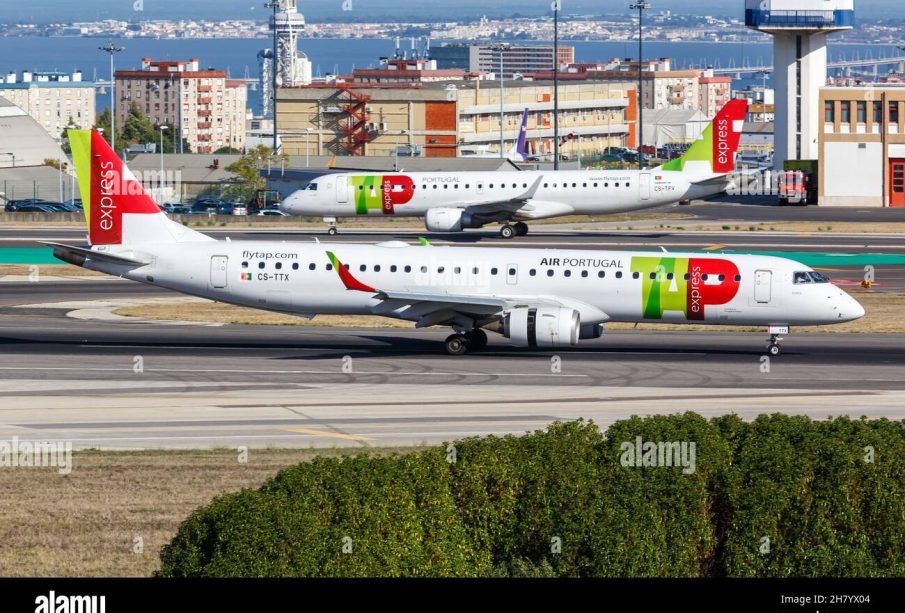Unveiling the Allure of Lisbon, Portugal’s Vibrant Capital

Introduction
Lisbon, the capital of Portugal, is a city rich in history, culture, and charm, making it one of Europe’s most captivating travel destinations. In recent years, Lisbon has gained immense popularity among tourists, with its stunning architecture, delectable cuisine, and lively atmosphere attracting millions of visitors each year. This article delves into the current developments and attractions in Lisbon, showcasing why it continues to be a vital cultural hub.
Recent Developments in Lisbon
As of 2023, Lisbon has made significant strides in enhancing its urban landscape. The city has been focusing on sustainable tourism and improving public transport, making it easier for tourists to explore its historical sites. Key projects include the expansion of electric tram networks and the promotion of bike-sharing schemes, both aimed at reducing traffic congestion and environmental impact.
Moreover, the local government has been investing in the rehabilitation of historical neighbourhoods, such as Alfama and Mouraria, to preserve their unique architectural beauty while improving living conditions for residents. These initiatives not only attract tourists but also enrich the lives of locals.
Attractions and Culture
Lisbon is home to a myriad of attractions that showcase its rich heritage. The iconic Belém Tower and Jerónimos Monastery, both UNESCO World Heritage Sites, draw history enthusiasts from around the globe. In contrast, the contemporary MAAT (Museum of Art, Architecture and Technology) demonstrates the city’s dedication to modern artistic expression. Attractions like the oceanarium at Parque das Nações and the vintage trams that traverse its hilly streets offer a unique blend of old and new.
Culinary offerings are also a highlight of Lisbon. The city has witnessed a surge in gourmet experiences, from traditional Fado music performances accompanied by local dishes to high-end restaurants showcasing innovative Portuguese cuisine. Street food markets have also gained popularity, giving visitors a taste of authentic local flavours.
Conclusion
In conclusion, Lisbon continues to thrive as a vibrant and essential cultural center in Europe. As it adapts to the demands of modern tourism while preserving its rich heritage, the city remains both timeless and contemporary. For travellers seeking a blend of history, culture, and innovation, Lisbon’s allure is undeniable. With its ongoing developments and commitment to sustainability, the capital of Portugal is poised for continued growth and appeal in the coming years, solidifying its position as one of the must-visit cities in the world.









